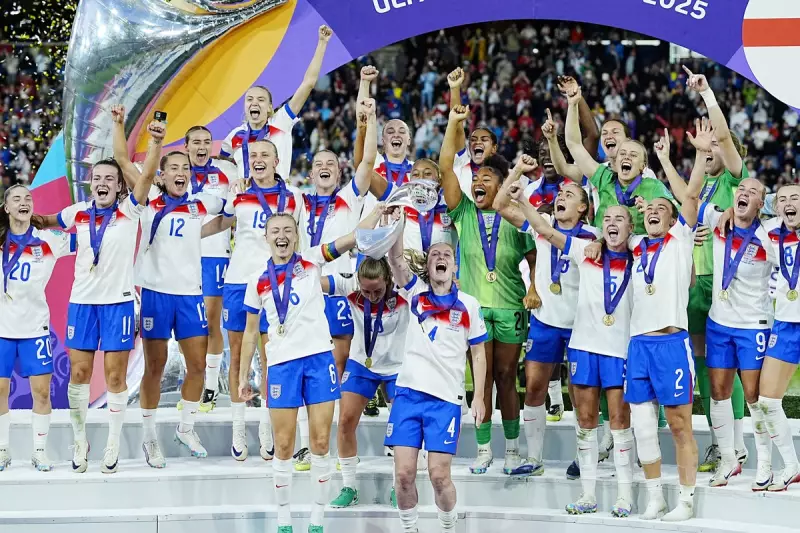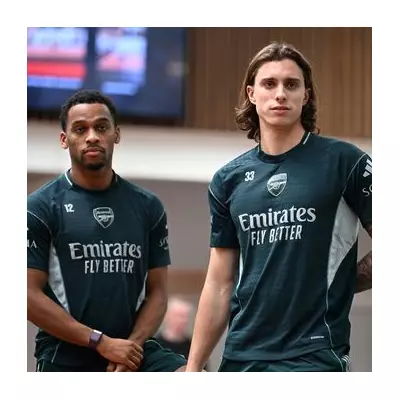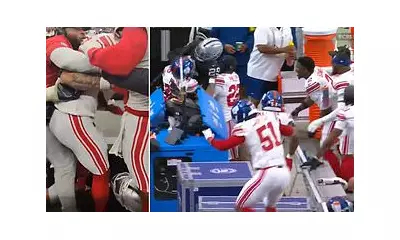
Sky Sports has scored a spectacular own goal, forcing it to pull its new 'female-focused' TikTok channel, Halo, after a mere two days following an intense backlash against its patronising and sexist content.
A Cringe-Worthy Launch
Launched last Thursday, Halo was promoted as the "lil sis" of Sky Sports, intended to champion female athletes and be "about ALL sports". However, the reality was starkly different. Instead of serious sports coverage, the channel was filled with bright pink text, love hearts, and references to matcha lattes and 'hot girl walks'.
Of the first eleven videos posted, five featured male sports stars. One particularly awkward post about New York mayor Zohran Mamdani read: "Thinking about Zohran Mamdani rizzing us and Arsenal up." The content was a jarring contrast to the stated mission and the actual achievements of women's sports, such as the Lionesses' historic back-to-back UEFA European Women's Championship win in July 2025.
Why the Channel Failed Spectacularly
The broadcaster admitted "We didn't get it right," after the channel faced immediate and widespread condemnation for being lazy and offensive. The intended target audience, Gen Alpha, was particularly unimpressed.
Victoria Richards reported that her 13-year-old daughter and her friends were "livid" about the channel. Her daughter questioned the approach, asking, "Why do they think we'll only watch it if it's pink? It's sooo patronising." This reaction highlights a critical miscalculation by Sky Sports. Today's teens are digitally native, follow elite female athletes like Chloe Kelly and Leah Williamson directly on social media, and are acutely aware of when they are being belittled by outdated stereotypes.
The failure of Halo taps into the long-standing and damaging issue of 'pinkification'. This practice, which begins in early childhood, associates pink with being 'pretty' and 'cute' for girls, while blue is reserved for 'brave' boys. This gendered branding has real-world consequences.
The Damaging Impact of Gender Stereotypes
This incident is not an isolated case of poor marketing but reflects a deeper societal problem. Research from The Fawcett Society in 2019 revealed the lifelong harm caused by gender stereotyping in childhood.
Key findings from the report show:
- 51% of people who experienced stereotyping said it constrained their career choices.
- 44% said it harmed their personal relationships.
- 53% of affected women said it negatively impacted caring roles in their family.
- 70% of younger women (18-34) felt their career choices were restricted.
The research also found that boys and men are negatively affected, with 69% of men under 35 believing gender stereotypes damage perceptions of manhood and womanhood. As Sam Smethers, former chief executive of the Fawcett Society, stated, evidence shows "there is no such thing as a female or a male brain, but retailers persist in creating and perpetuating gender differences just to sell products."
With recent studies showing children as young as six are influenced by gender stereotypes in their career aspirations, the imagery of Lionesses like Chloe Kelly on a 'hot girl walk' while collecting MBEs is not just patronising—it is actively damaging.
While Sky Sports has now withdrawn the channel, the episode serves as a stark reminder that brands must move beyond lazy, antiquated tropes if they wish to genuinely connect with a savvy, modern audience.





